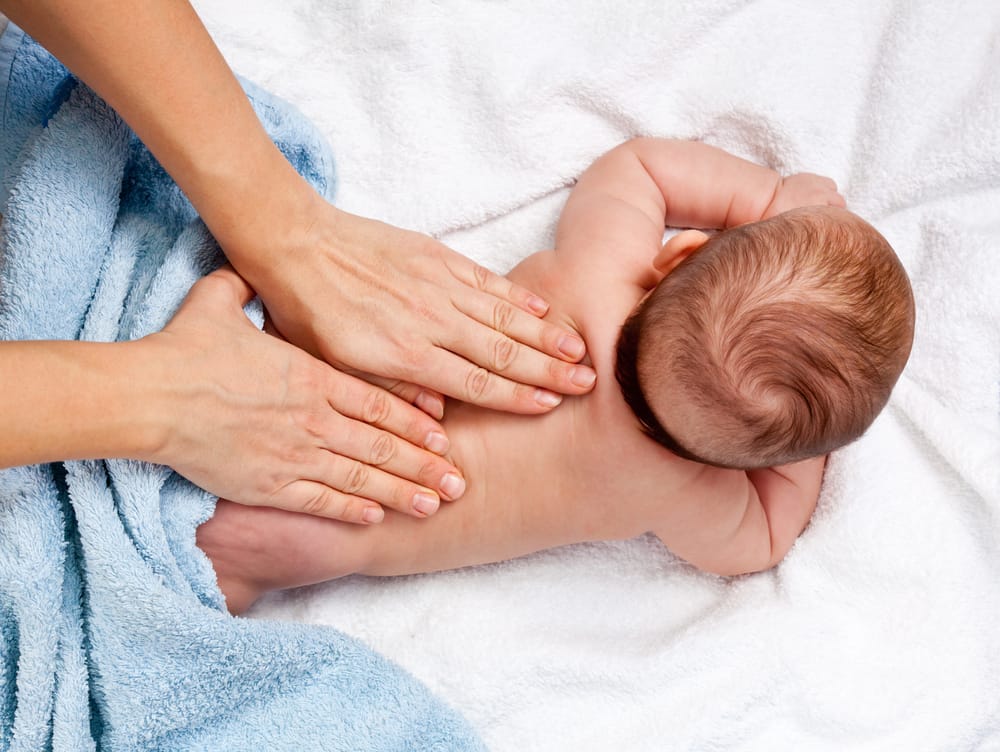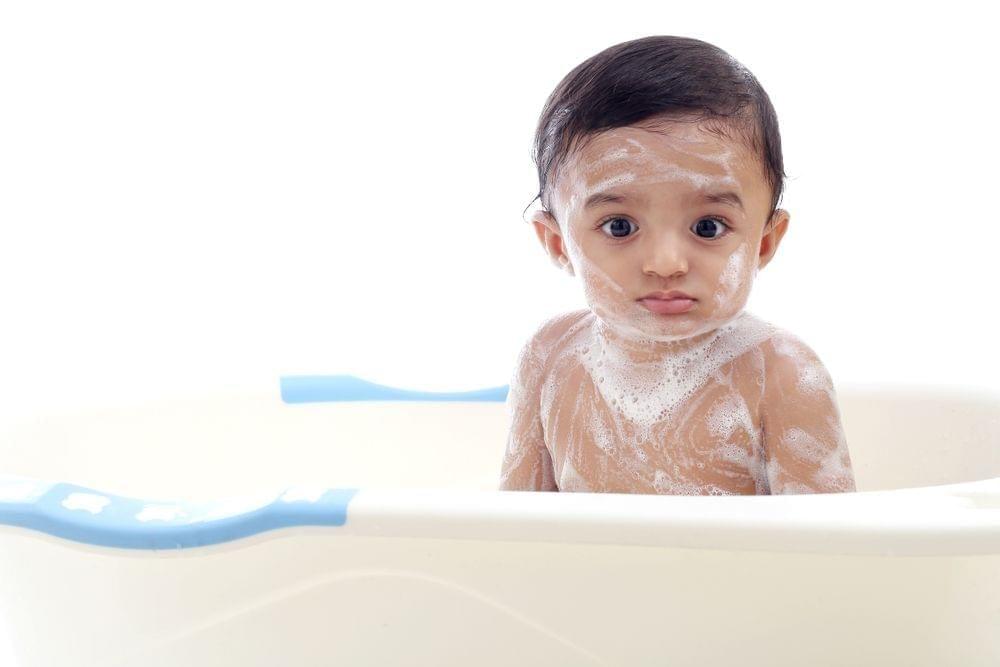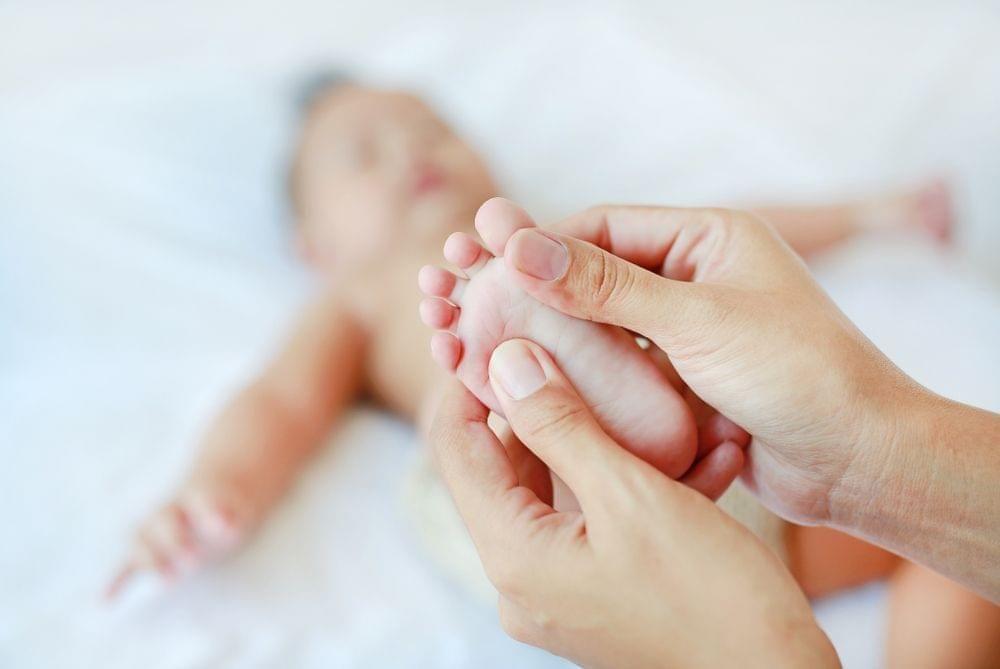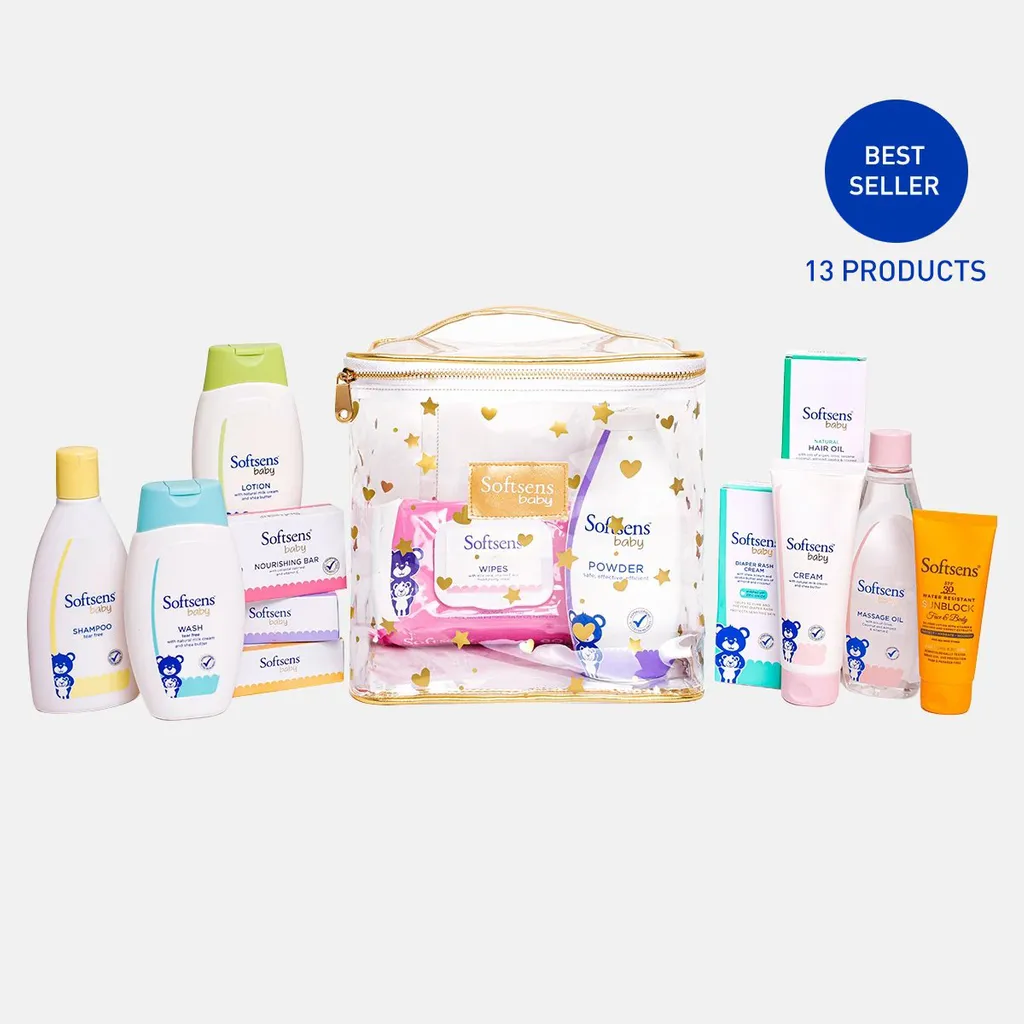- Home
- Blogs
- Post Pregnancy
- Baby care: Basics and best practices of baby hygiene
- Baby care: B...
Baby care: Basics and best practices of baby hygiene

Baby care after delivery is pivotal part of parenting and more focus should be laid on what kind of products should one use because baby’s skin is very delicate and sensitive. We bring you an expert guide on basics of baby hygiene, the right baby hygiene products you should look for and the things you should be aware of when incorporating baby care at home.
In this article:
- What is baby hygiene?
- Why is hygiene important for your baby?
- Baby care basics at home
- Safe baby care products
- FAQs related to baby care
What is baby hygiene?
Baby hygiene consists of washing your baby’s face, cleaning genitals, using comfortable diaper and seeing to it that it is changed as soon as it gets soiled and providing appropriate skin and nail care. Baby hygiene prevents lot of illnesses in your baby and protects your baby from the harmful bacteria and germs that thrive in unclean environment.
Why is hygiene important for your baby?
Maintaining hygiene is important part of our daily routine. When doctors say that early years are crucial and need lot of attention, they largely mean good personal hygiene for baby post birth. Lot of training and education is revolved around providing balanced nutrition for baby, baby massage and breastfeeding techniques for easy latching but a good baby hygiene has a long stretching effect to prevent the onset of health conditions and infections in your baby.
Baby care basics at home:
- Massage treatment – Your baby requires massaging and ideally your doctor will tell you if your baby’s body is good enough to take in the massage treatment. Before bathing, gently massaging your baby with calming baby massage oil will help in hydration, nourishment and condition your baby skin making it soft, smooth and supple. Pregnancy care packages have a special module for infant massage which trains you on massaging techniques and talks about safe massage products for your baby.
- Baby bath – Wash your baby’s body, hands, and hair twice a day with an anti-allergenic soap or gentle body wash. A good wash stimulates good sleep in babies. Make sure you check the temperature of the water before pouring it on your baby. Your baby’s skin is very gentle so do not bathe your baby more than twice may make your baby’s skin dry which will lead to issues related to dry skin. If your baby is too small or if its umbilical cord is still tethered to its skin, then using a soft towel to give a sponge bath is recommended. Listen to your baby’s need and pay attention to its behavioural cues while bathing your baby. Place the items required for bath such as warm water, clothes and diaper, towels, soap or body wash and wash cloth, at arm’s length before starting the bathing ritual.
- Nail care – Trimming and filing your baby’s nails is mandatory to protect your baby from scratching themselves by the sharp edges of their nails. Choose a nail clipper and cut the nail gently. Stay alert enough to not hurt your baby’s skin in the process. You can use their nap to trim their nails or post bathing when their nails are soft and fragile to come apart by the clipper easily.
- Genital care – If your baby has passes urine or stool, use paraben free baby wet wipes that are safe and non-allergenic. After wiping thoroughly their private parts, fan the area and make sure it is dry to put a fresh diaper. If you see any redness in their private area due to diaper use, apply diaper rash cream which is non-toxic and promotes non-greasy and gentle healing. This will act as soothing cream for your baby’s irritated and delicate skin around diaper area.
Safe baby care products:
- Baby powder – Baby powder is to keep your baby’s skin dry and comfortable and also to remove excess moisture caused by sweating etc. Your baby powder should be free from parabens and sulphates but should be packed with rich natural ingredients like olive oil, clove leaf oil and amyris oil which will protect the sensitivity from inflammation, irritation and rashes, leaving the skin cool and dry.
- Baby body wash – Baby body wash is important bathing essential to drive out the excess oil and gently nourish your baby’s body. See to it that a good baby body wash has natural moisturizers like milk cream and shea butter which makes the skin moist and hydrate it for longer duration. Vitamin E is the key ingredient which you should look for when searching for a body wash for your baby. Sulphates and Phthalates are a complete no.
- Baby hair oil and hair wash – Your baby’s hair need conditioning and nourishment but using unsafe products with chemicals and parabens should be strictly avoided. Use tear free baby shampoo enriched with castor oil which will reduce irritation in your baby’s eyes, strengthens baby’s hair and promote healthy hair growth. With an innate conditioning agent, it will add a perfect layer of softness. To improve scalp health and nourishing your baby’s hair, use natural seed oil enriched with Argan and linseed oil to hydrate dry, brittle hair and making it smooth and silky.
- Baby moisturizing cream – Moisturizing cream with added antioxidants is a must have essential in your baby care shelf. It is used as a multipurpose cream to deeply hydrate, soothe and calm irritated and chafed skin. Go for a moisturising lotion or cream that has zero nasty chemicals or allergens especially harmful chemicals like sulphates and parabens. It should have blend of oatmeal, coconut oil, shea and cocoa butter which will have non-greasy texture to absorb in the skin easily.
- Baby diaper rash cream – Using diapers on your baby can create some friction and result in chaffing sometimes. In order to curb the irritability and prevent from rash, diaper rash cream with zinc oxide protection and plant-based oils to keep the skin nourished for longer period of time is recommended by health experts. Diaper rash cream which has parabens, sulphates mineral and petroleum oils should be avoided which will only worsen the existing rash.
FAQs related to Baby Care:
What are the key bathing steps that one should follow when practicing baby care at home?
- Wash your baby’s face with warm water
- Gently clean your baby’s eyes and wipe the area around the nose
- Kindly don’t put any cloth or cotton in your baby’s ears and nose
- Use a safe and gentle body wash packed with natural ingredients
- Wash the genitals and folds around the diaper area
- Pat dry your baby’s body with a soft wash cloth
- Use the gentle hair shampoo that is free from chemical with tear-free formulation
- Use towel to dry the baby’s hair
- Once the body and hair are free from water and completely dry, take a small blob of baby’s moisturizing lotion and gently massage it over the skin
Summary:
Do not decide on the patch test straightaway without consulting your baby’s doctor. Before making a choice, speak to your doctor about safe baby care products. Once your doctor recommends, you are safe to use it on your baby’s skin.
Leave a Comment
Blogs
Popular Posts
Get the latest from Newmi
Subscribe to get Email Updates!
Thanks for subscribe.
Your response has been recorded.
COPYRIGHT © 2023 KA HEALTHCARE PVT LTD - ALL RIGHTS RESERVED.
Disclaimer: NEWMI CARE does not cater to any medical/Pregnancy or psychiatric emergencies. If you are in a life-threatening situation, please do NOT use this site. If you are feeling suicidal, we recommend you call a suicide prevention helpline or go to your nearest hospital.




0 Comment